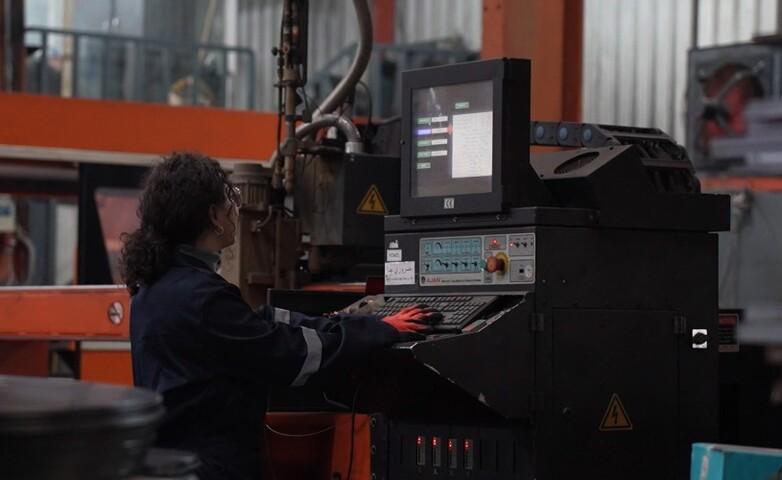Context
Since the end of the civil war in Lebanon, its vocational education and training has been limited almost exclusively to classroom training with limited practical experience. The training is not sufficiently geared towards the labour market and the private sector, resulting in many trainees not working in the occupations for which they were trained and remaining unemployed after completing their training.
The Lebanese labour market is characterised by a low employment rate and a large foreign workforce. There is also a lack of training opportunities for displaced persons, an inconsistent contribution from the private sector to vocational education and training, insufficient public investment and outdated facilities that impact the quality of training programmes.



